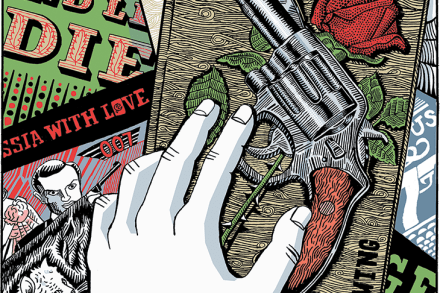Glorious: Good Night, Oscar, at the Barbican, reviewed
Good Night, Oscar is a biographical play about Oscar Levant, a famous pianist who was also a noted wit and raconteur. The script starts as a dead-safe comedy and it develops into a gripping battle between the forces of anarchy, represented by Oscar, and the controllers of NBC who want to censor his crazy humour. The backstory is complicated. Oscar has been secretly committed to a mental asylum and his wife gets him released for a few hours so he can do an interview on Jack Paar’s TV show. It takes two long scenes to explain this improbable set-up but it’s worth it because Oscar (Sean Hayes) is such a













